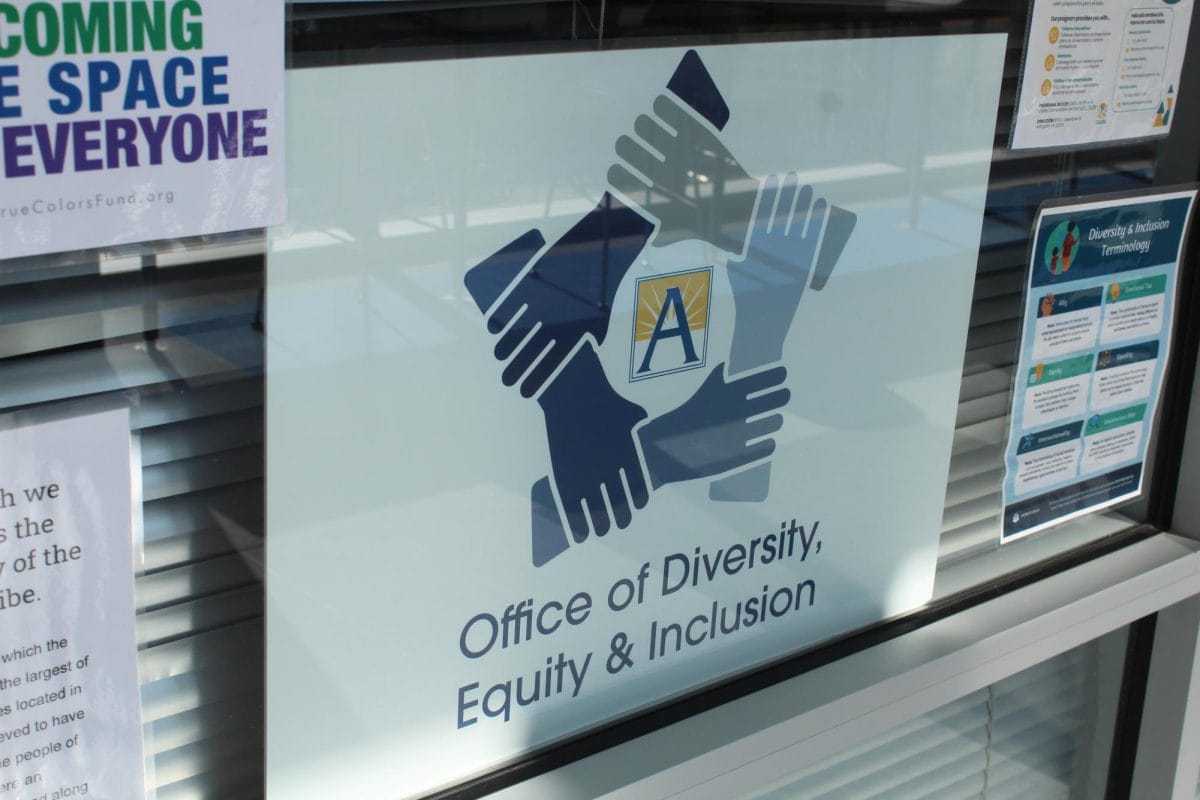Most teenagers now hold a semi-traumatic childhood memory of being doused with ice water in service of ALS (Amyotrophic lateral sclerosis) awareness. That 2014 ice bucket challenge has resurfaced in 2025, started by the University of South Carolina. This new blast from the past aims to facilitate conversations about mental health. However, once the trend emerges on social media, does the message actually spread? Or is it diluted by the desire to fit in and post a fun video?
It’s imperative to recognize how vital social media platforms can be in fundraising and creating greater change. Many major charity campaigns and social justice movements, such as the Black Lives Matter Movement, have wielded its expansive power to their advantage. With a single post, these advocates can reach millions of other people, rallying an army of hashtags and GoFundMes.
However, social media is an inherently vapid place. Everyone on social media presents a sanitized version of themselves, primed to fit into the algorithm and project a vibrant lifestyle. I’m no stranger to this phenomenon. Being a teenager in the digital age, I often find myself scrutinizing every move, wondering what other people will perceive. As a result of this widespread self-consciousness, many attempts at advocacy are surface level, meant to create the appearance of caring, without any real sentiment behind the post. Celebrities in 2020 relished in projecting a black screen on their widely-followed pages for the Black Lives Matter protests, remarking that the “time was now” to stand up.
Two hours later, more lavish vacation pictures and colorful photoshoots would be up, obscuring the message further. Some even stylized their black screens, adding a white border to “fit their own aesthetic.” These measures display the superficiality rampant in the majority of these posts. While the trend may have meaningful origins, those that follow simply do so to appear philanthropic or socially aware to their viewers, replacing an important cause with self-promoting propaganda.
The recent ice bucket challenge is no different. Stemming from a club at USC, the Speak Your Mind challenge aimed to tackle mental health struggles and raise money for social programs. Obviously the message is incredibly important, as we as a country tend to stigmatize mental health struggles, leading people to avoid help.
However, that same important message probably did not extend to your Instagram feed. Instead, most people took it as a challenge, grimacing through an onslaught of cold water before subjecting their friends to the same misery. There’s no denying that these videos are harmless fun and have admirable intentions. Yet, as with most other social media challenges, it did not accomplish its preconceived goals.
While some donated money to the Speak Your Mind Foundation, most shivering participants wrapped themselves in a towel, posted the video on their story, waited for the likes, and promptly forgot about the actual cause they were doing it for. Does watching your friend get soaked by water really provoke intense reflection on mental health struggles for you? Odds are for most of us, no.











































